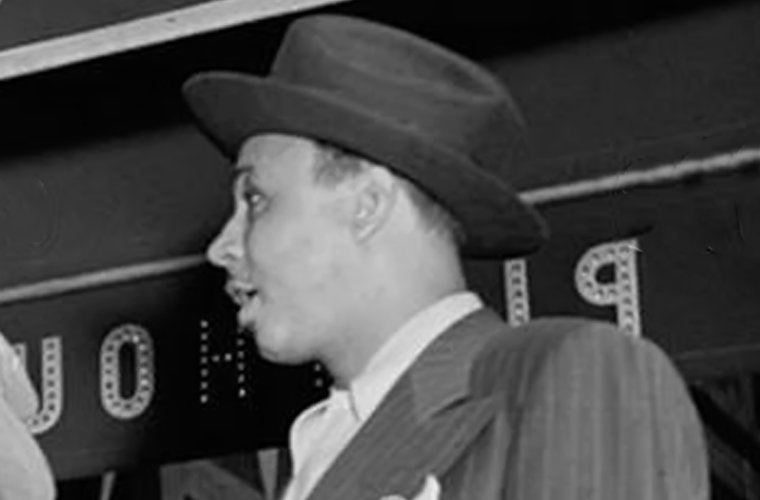Teddy Hill, born on December 7, 1909, was an influential figure in the world of jazz music. As a bandleader, composer, and saxophonist, Hill made significant contributions to the development and popularization of jazz during the 1930s and 1940s. His innovative approach to arranging and his commitment to promoting talented musicians helped shape the sound and direction of the genre. This article will delve into Teddy Hill’s life, his musical career, and his lasting impact on jazz music.
Teddy Hill was born in Birmingham, Alabama, and grew up in Washington, D.C. From an early age, he showed a keen interest in music, particularly jazz. Hill’s exposure to the vibrant jazz scene in Washington, D.C., and his encounters with renowned musicians such as Duke Ellington and Louis Armstrong greatly influenced his musical style and aspirations.
Hill’s musical journey began in the late 1920s when he joined Earl Hines‘ band as a saxophonist. This experience allowed him to hone his skills and learn from some of the best musicians of the time. In 1934, Hill formed his own band, Teddy Hill and His Orchestra, which quickly gained recognition for its unique sound and innovative arrangements.
As a bandleader, Hill was known for his meticulous attention to detail and his ability to bring out the best in his musicians. He carefully selected talented individuals who went on to become some of the most prominent figures in jazz, including Billie Holiday, Roy Eldridge, and Dizzy Gillespie. Hill’s band became a platform for these rising stars to showcase their talents and gain recognition in the jazz community.
Hill’s commitment to promoting racial equality in the music industry was also noteworthy. At a time when racial segregation was prevalent, Hill insisted on having an integrated band, challenging societal norms and paving the way for future generations of musicians.
Teddy Hill’s contributions to jazz music cannot be overstated. His innovative arrangements and commitment to showcasing talented musicians helped shape the evolution of the genre. Additionally, his dedication to promoting racial equality within the music industry served as an inspiration for future generations.
Despite his significant achievements, Hill’s career was cut short due to financial difficulties and the changing dynamics of the music industry. However, his impact on jazz music continues to resonate to this day. Many of his compositions are still performed by contemporary jazz ensembles, keeping his legacy alive.
Teddy Hill’s life and musical career serve as a testament to his pioneering spirit and unwavering dedication to jazz music. As a bandleader, composer, and saxophonist, he left an indelible mark on the genre, shaping its sound and direction during a crucial period of its development. Hill’s commitment to promoting talented musicians and challenging racial barriers further solidifies his place in jazz history. Though his career may have been relatively short-lived, Teddy Hill’s influence on jazz music remains enduring and significant.

